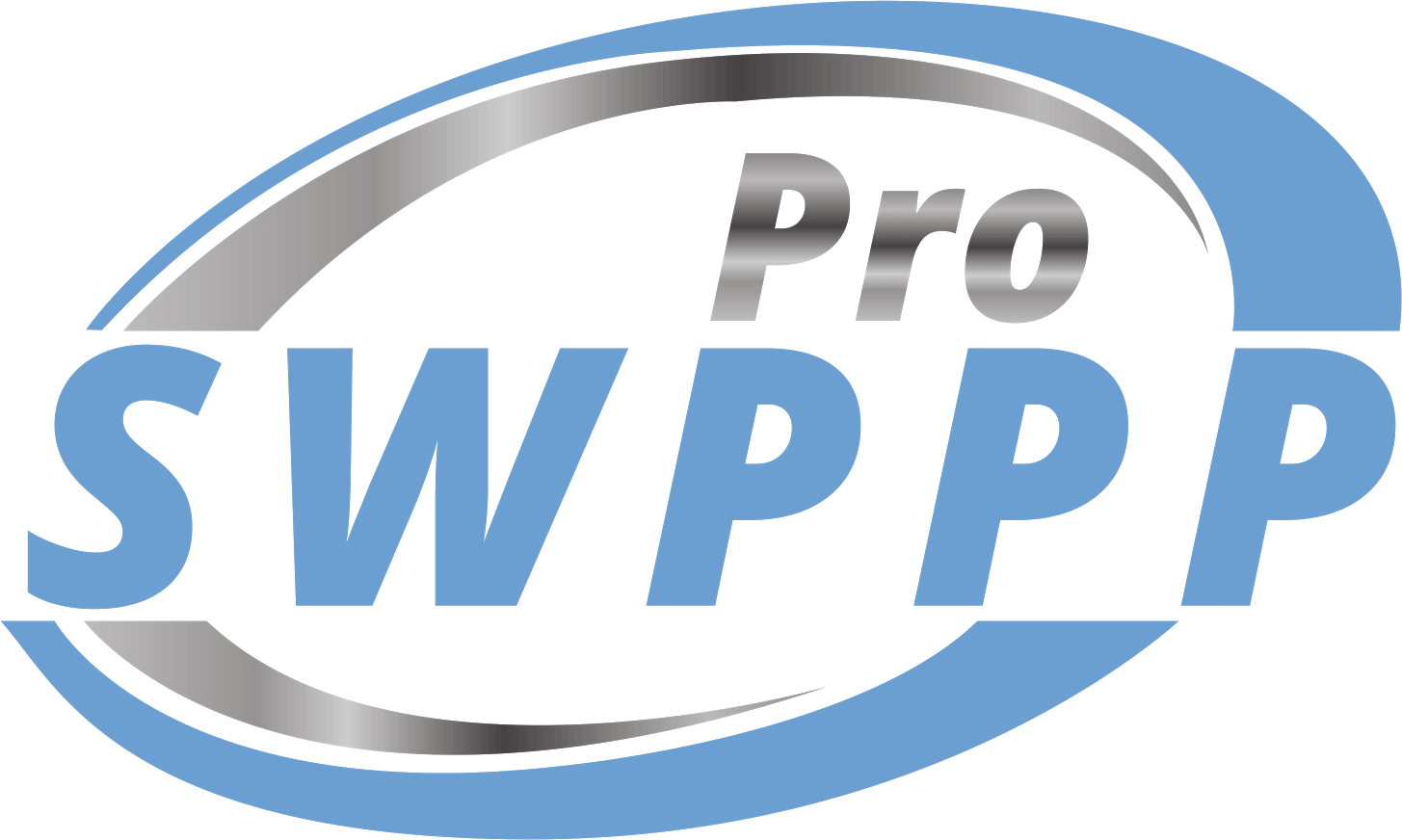Protecting the environment is crucial for any construction company or industrial facility operating in Mississippi. This is why implementing a storm water pollution prevention plan (SWPPP) is not only necessary but also mandatory. The state of Mississippi has specific SWPPP requirements that companies must follow to comply with regulations and prevent pollution.
Failure to do so can result in fines and penalties, making it essential for companies to have a thorough understanding of these requirements. To help you navigate through the process, Pro SWPPP offers professional services to assist companies in creating and implementing an effective SWPPP. Our team of experts is well-versed in the state’s regulations and can provide tailored solutions for your specific needs.
Here are some important details you need to know about SWPPP requirements in Mississippi.
Craft a Detailed SWPPP
Developing a comprehensive SWPPP for construction sites in Mississippi requires meticulous planning. Addressing local environmental challenges, such as varying rainfall patterns and their effects on sediment control, is essential. Each SWPPP must include strategies to mitigate runoff and manage soil erosion efficiently, ensuring minimal environmental impact.
Site Assessment
Conduct a thorough assessment of the construction site to identify potential pollution sources. Evaluate existing drainage patterns and soil types to tailor the SWPPP effectively.
Best Management Practices (BMPs)
Implement proven BMPs designed to reduce pollution and control water runoff. To ensure compliance, BMPs may include silt fences, sediment basins, and proper waste disposal methods.
Monitoring and Maintenance
Regularly monitor the site to ensure all SWPPP measures are functioning correctly. Conduct routine inspections and maintenance to address any deficiencies promptly.
Documentation and Reporting
Maintain detailed records of SWPPP implementation and site inspections. Report findings to regulatory authorities as required to demonstrate compliance with Mississippi’s SWPPP standards.
The Role of the MDEQ
The Mississippi Department of Environmental Quality (MDEQ) is key in preventing stormwater pollution. MDEQ oversees the implementation of SWPPP requirements by ensuring that construction projects follow state guidelines.
Before starting construction, project managers must obtain a permit from MDEQ. This permit confirms that the project will use effective measures to manage stormwater runoff and protect water quality. MDEQ provides resources and guidance to help construction companies comply with regulations.
Construction projects must adhere to specific stormwater management practices as outlined by MDEQ. These practices aim to minimize erosion and sediment release into waterways.
Site Inspections
Regular site inspections are crucial for ensuring that all best management practices (BMPs) are functioning properly. These inspections also check that the stormwater pollution prevention plan (SWPPP) is being followed correctly.
Site inspectors look for any signs that BMPs are not working properly, such as sediment build-up or blocked drainage systems. It’s important to identify and fix these issues quickly to keep the site in compliance with environmental regulations.
During inspections, all findings should be recorded carefully. This documentation is important because it shows that the project is taking steps to prevent stormwater pollution. If any deficiencies are found, they must be corrected promptly.
This might involve repairing damaged BMPs or adjusting strategies to better handle site conditions. By doing so, construction sites can ensure continuous compliance with state regulations and contribute to protecting Mississippi’s natural resources.
Implementing Best Management Practices
Implementing Best Management Practices (BMPs) is essential for controlling stormwater pollution and preserving the environmental integrity of construction sites. BMPs are practical, cost-effective methods designed to prevent or reduce the discharge of pollutants into stormwater during and after construction activities.
Here are some key BMPs to consider for effective stormwater management on Mississippi construction sites:
- Erosion Control: Utilize strategies such as straw matting or erosion control blankets to stabilize soil and reduce the movement caused by wind and water.
- Sediment Filters: Install silt fences or sediment traps around the perimeter of the site to capture sediment-laden runoff before it leaves the construction area.
- Runoff Diversion: Create diversion ditches or berms to redirect clean stormwater away from disturbed lands, minimizing contact with potential pollutants.
- Stabilization Techniques: Apply temporary or permanent seeding and mulching to promote vegetative growth that stabilizes soil and prevents erosion.
These BMPs should be tailored to each site’s unique conditions, taking into account local environmental factors and specific project requirements.
State-Specific Guidelines and Regulations
Mississippi has distinct environmental conditions that every construction site must consider. With its diverse landscape, which includes coastal areas, forests, and wetlands, each region may face different challenges related to water quality and stormwater management.
To address these, construction projects must comply with the Mississippi State Water Quality Standards. These standards are designed to protect Mississippi’s water bodies by ensuring that pollutants from construction sites do not harm aquatic life or degrade water quality.
Local requirements may apply depending on the region’s specific needs. Some areas might have more stringent regulations, particularly near sensitive ecosystems like marshes or estuaries. Construction managers must be vigilant and stay informed about state and local guidelines to ensure complete compliance.
Conduct Stormwater Sampling
It is crucial for industries, especially those in sectors like mining and manufacturing, to perform stormwater sampling after storms. This is to ensure that their pollution control measures are effective and comply with regulations.
Stormwater runoff can contain harmful pollutants due to industrial activities, which can have adverse effects on the environment if not properly managed. By actively conducting stormwater sampling post-storm events, industries can identify any deficiencies in their pollution control measures and address them promptly.
Contact Pro SWPPP Today!
Pro SWPPP is ready to assist with all your stormwater pollution prevention needs in Mississippi. With our help, you can ensure compliance with state regulations and protect the environment. Contact us today to learn more about our services and how we can tailor a SWPPP specifically for your project.

